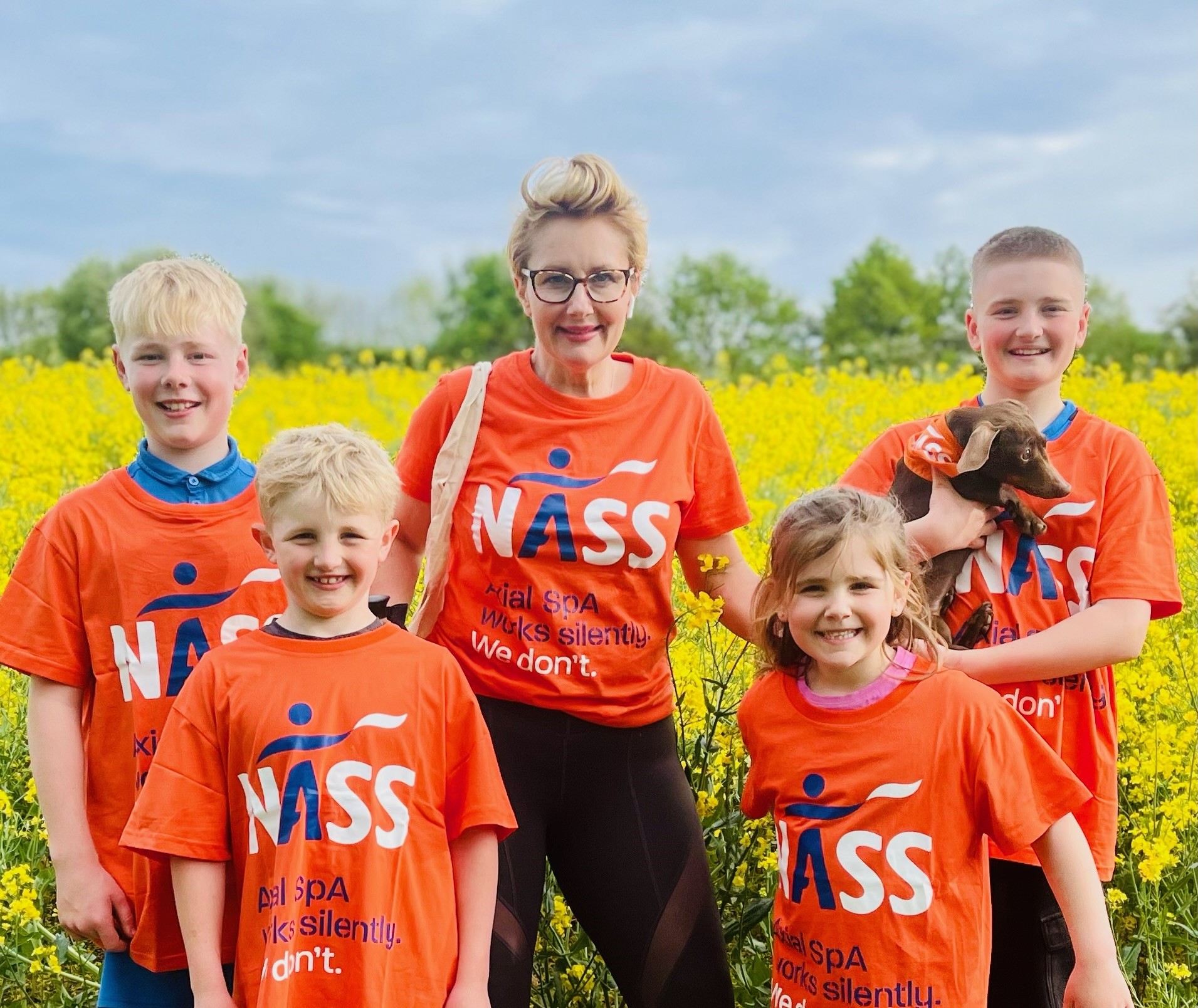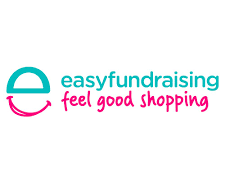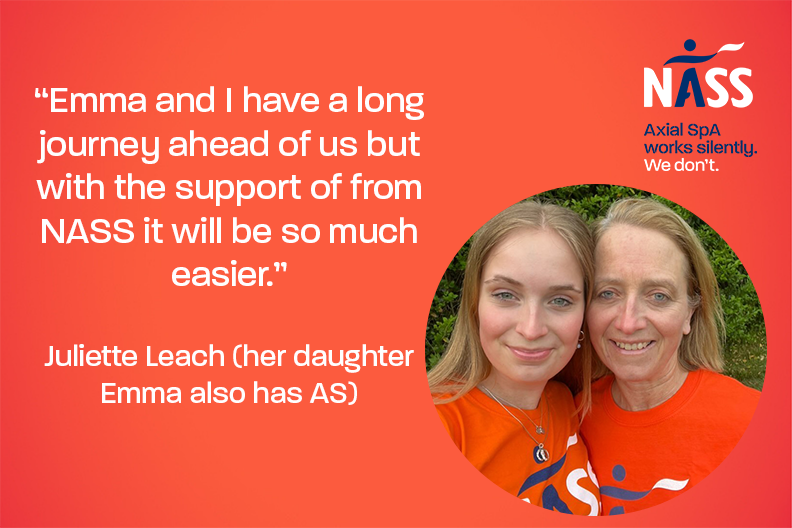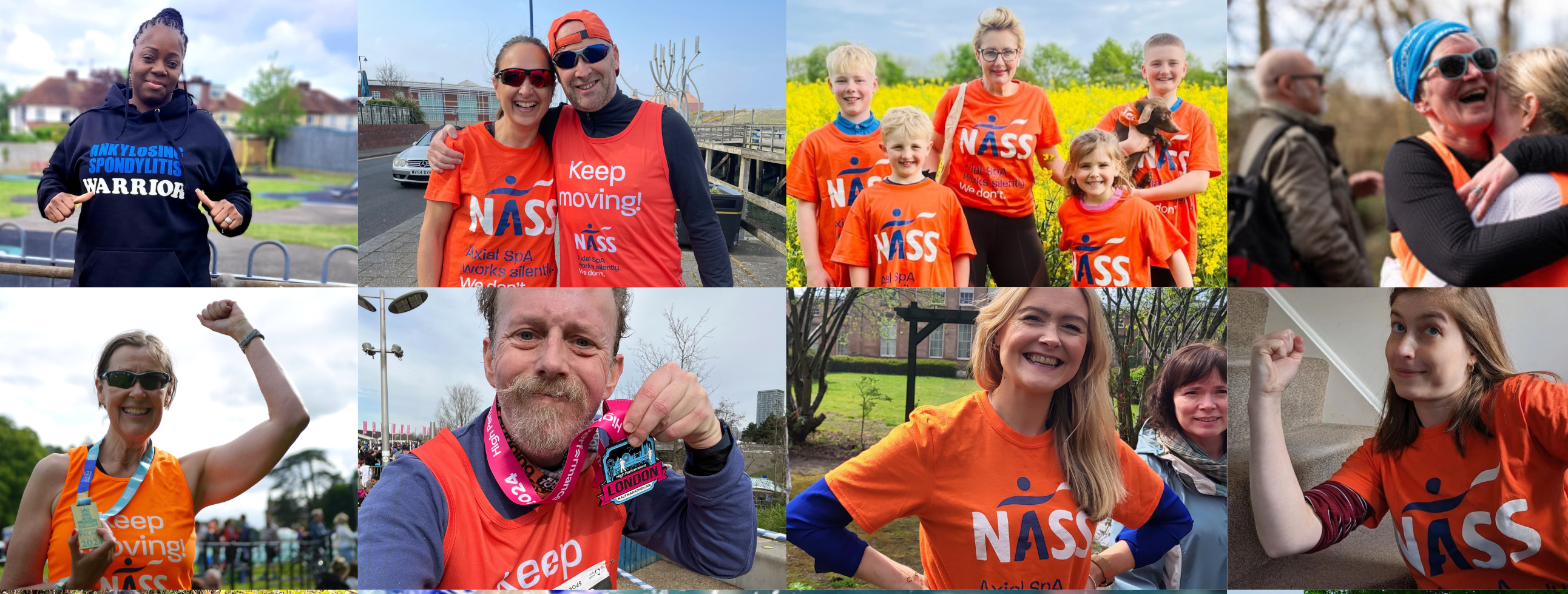
Create your own online raffle
Gather some fantastic raffle prizes and help raise vital funds for NASS!
Find out more
Raffles and auctions are a fun and creative way to raise money for a good cause. This is made particularly easy by being 100% online! Why not create your own for NASS? You can even choose your own theme for your online events, and invite your family/friends from all over the world to join!

Gather some fantastic raffle prizes and help raise vital funds for NASS!
Find out more
Watch your friends and family battle over your prizes and may the highest bidder win, while raising funds for NASS!
Find out more
Read the stories of others affected by axial SpA who have chosen to fundraise to support people with axial SpA.
Read more storiesIf you have any questions about how to create your own raffle or auction for NASS, please email fundraising@nass.co.uk or call 020 8741 1515 and press option 2.

Sign up to Give as you Live Online and shop at over 4,200 leading stores and browse loads of great offers and voucher codes. Every time you shop, a percentage of every pound you spend will be donated to NASS – without costing you a penny extra!
Find out more
Join over 1.8 million people raising free donations at over 4000 shops and sites every day, the easyfundraising way! A quick and easy way to support NASS for free!
Find out more
Donate to NASS in a way that suits you. Whether it's making a regular donation, a one off donation or pledging to leave a gift in your will, every penny you donate really does make a difference to the lives of people with axial SpA with the help of NASS.
Find out more
Find out why your support really does matter, the impact your support can have, and why your support has never been more urgent.
Find out more1 in 200 of the adult population in the UK have axial SpA (AS). That's twice as many as multiple sclerosis and Parkinson's disease.
Axial SpA (AS) is a condition that affects young people. Symptoms start late teens to early twenties, with the average age of onset being 26.
The current average delay to diagnosis from when symptoms start is 8.5 years, by which irreversible damage to the spine may have occurred.
59% of people with axial SpA (AS) report experiencing mental health problems compared to 25% of those with musculoskeletal conditions overall.